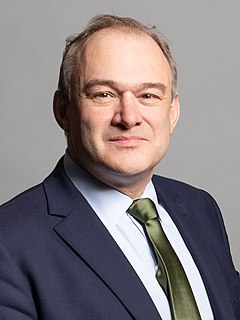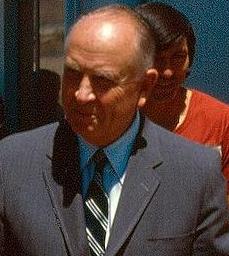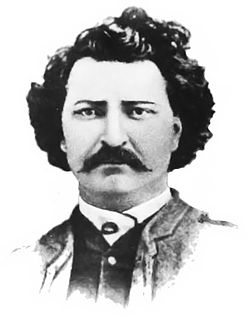A Quote by Greta Thunburg
It is our future on the line, and we must at least have a say in it.
Related Quotes
If we wish to express what we want the men of future generations to be, we must say: Let them be like Che! If we wish to say how we want our children to be educated, we must say without hesitation: We want them to be educated in Che’s spirit! If we want the model of a man, who does not belong to our times but to the future, I say from the depths of my heart that such a model, without a single stain on his conduct, without a single stain on his action, is Che!
For if we merely take what obviously appears the line of least resistance, its obviousness will appeal to the opponent also; and this line may no longer be that of least resistance. In studying the physical aspect, we must never lose sight of the psychological, and only when both are combined is the strategy truly an indirect approach, calculated to dislocate the opponent's balance.
As a writer, you're always trying to say the best thing. You're always thinking about what's the best thing to say, and what's the hardest way to say it, and what's the best line? Sometimes the best line is the simplest line. Sometimes the best line is the line that evokes more feeling than actual wordsmithing.
If we turn our backs on the remaining industries and not reinvest in these places and just say 'You're on your own,' we will lose an entire generation of people that have no other options, other than to turn to somebody like Donald Trump and say, you know, 'Wow, he at least gets me. He at least cares. He at least pays lip service.'
The energy crisis has not yet overwhelmed us, but it will if we do not act quickly. It's a problem that we will not be able to solve in the next few years, and it's likely to get progressively worse through the rest of this century. We must not be selfish or timid if we hope to have a decent world for our children and grandchildren. We simply must balance our demand for energy with our rapidly shrinking resources. By acting now we can control our future instead of letting the future control us.





































